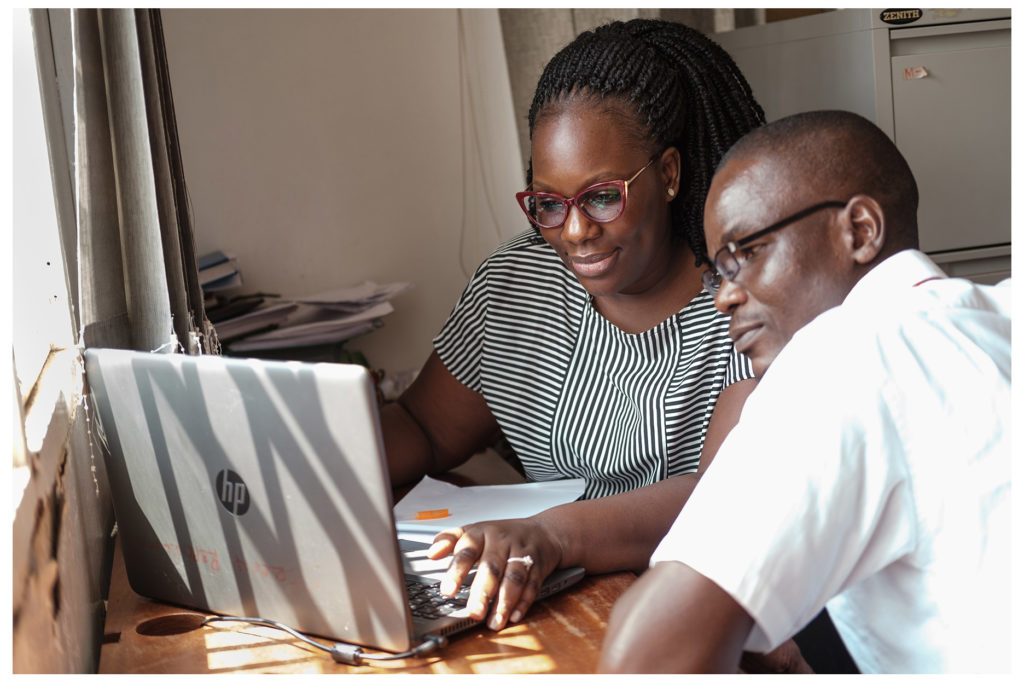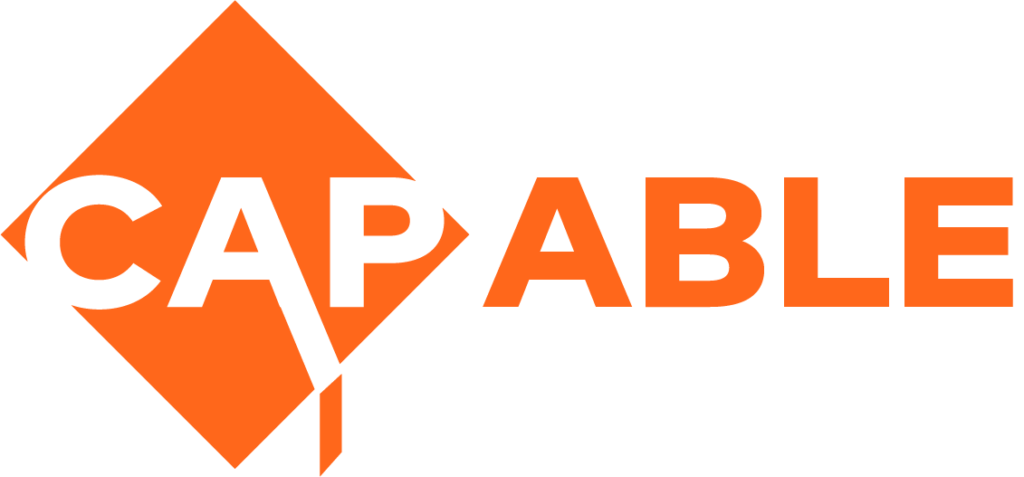Preparing Students to Transition to the Workforce: Lessons from two universities

To prepare students for the world of work, higher education institutions organize career guidance, job fairs, internships, mentoring, community service projects and other opportunities for professional development. This article highlights the efforts made by two higher education institutions: Ashesi University in Ghana and University of Gondar in Ethiopia to include students with disabilities in these activities as well as additional support provided to prepare them for the next phases of their lives beyond studies.
Ashesi Universtity, Ghana
Psychosocial Support and Job Placements
The Mastercard Foundation Scholars Program has been active at Ashesi University since 2012. The first program evaluation in 2015 revealed that the majority of the Mastercard Foundation Scholars (about 98%) were first-generation university students (first in their families to attend university) with little or no interaction with the world of work. This number included Mastercard Foundation Scholars with disabilities. The Scholars also reported feeling anxious about transition to the world of work. This prompted the university and the Program management to create a counseling team including a psychotherapist, to provide psychosocial support relating to finishing their studies and developing their careers post-university.
What started out under the Program has now become a university-wide endeavor where every first-year student is currently mandated to have a session with the counseling team, especially the career psychotherapist. Ashesi University also has a career services team consisting of career coaches and counselors that work with the students, right from their first year of enrollment. The counselors have one-on-one sessions with students to identify their current and/ or anticipated challenges at the university and in entering the workforce, and find possible solutions.
“Because most of our Mastercard Foundation Scholars, including those with special needs are first-generation university students, we start by getting them to do job shadowing in the first year, and then internships in the second year and third year before they graduate. That’s the structure we have in place to help our Mastercard Foundation Scholars to prepare for and get into the workforce.”
ARABA BOTCHWAY Director of Admissions and Financial Aid, Ashesi University Tweet
University of Gondar, Ethiopia
Career Service Center
The Career Service Center (CSC) at University of Gondar aims to empower students to develop and utilize their self-awareness, professional development skills, and proven resources to identify and pursue career employment and professional school admission. The center provides Career & Internship Advisory services, Online Career Development Tools, Resume & Application Essay Writing, Job and Internship Listings. The CSC works closely with Lecturers, mentors, and Scholars Program Transition staff who are also main actors in preparing students for the world of work.
The English Language Improvement Center (ELIC) particularly supports students to improve their interviewing skills using the Center’s audio recording facilities. During job hunting and CV writing sessions, the English Language department assists students to put together attractive and professional resumes along with cover letters.

Other recommended practices on preparing students with disabilities for the world of work

Integrating disability-specific elements into career development services for students
Successful transition to the world of work is a challenge for many graduates, and a point of attention for higher education institutes in Africa.
For students with disabilities, the chances of finding decent work after completion of their studies is even more challenging. Growing up in an environment of low expectation and often negative attitudes affects their self-confidence and can result in low ambition. This can be addressed by holding regular trainings on job readiness skills spread throughout the academic years. Strategies such as job shadowing and internships are also important for exposure to the world of work. When organizing trainings on CV writing, job searching and interview skills through expert partners or Human Resource Managers, it must be kept in mind that trainings need to be accessible and tuned to address disability specific concerns for example; when and how to disclose ones disability, and when and how to communicate one’s reasonable accommodation needs. For these specific elements, it is advised to bring in a partner with expertise on disability inclusion.
Building the capacity of employers on disability inclusion
Just as it is needed to build job readiness on the side of the students with disabilities, it is also needed to ensure disability-ready workplaces. Partnering with expert organizations on inclusive employment to raise the awareness of potential employers on disability and increase their confidence on addressing the needs of people with disabilities in their workplaces is important to ensure the successful transition to work. This preparation of employers should start through the internship placements that students undertake as part of their courses.
Facilitating inclusive employment as a potential career path for students
The field of inclusive employment is a new and relatively unexplored career path. This creates an opportunity for universities to develop a short course (in partnership with disability organizations and structures) on Inclusive Employment. This course could offer knowledge and skills around inclusive hiring, inclusive Human Resource policies and disability awareness in the workplace. The skills gained through the course will position students both with and without disabilities as experts or consultants in the field. Upon graduation, the students could offer these services to employers and potentially create an additional employment/career path option for themselves. Other courses that could be considered are Sign Language Interpretation and a course for Personal Assistants. These courses raise awareness on the communication and interaction with people with disabilities, as well as a career path that responds to the growing demand for these services.

